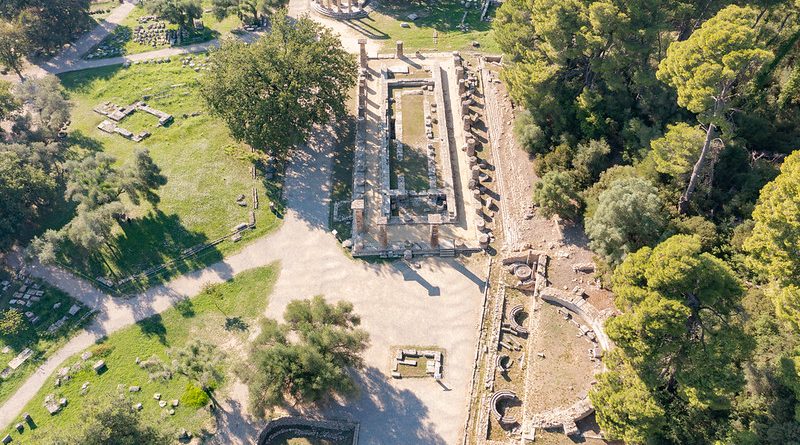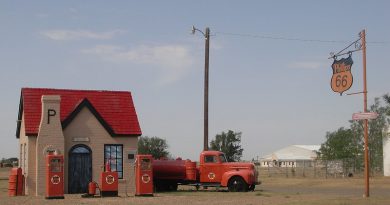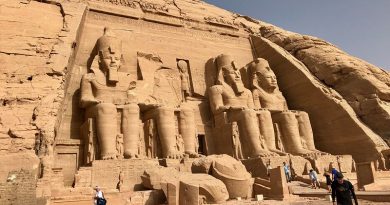Ancient Olympia and the Olympics
The Ancient Greeks loved a contest . Ancient Greek mythology is full of it- war, art, theatre- little wonder it was the Greeks who more than any other invented the sporting contest – and these would become enshrined in a place called Olympia -birthplace of the Olympic Games
Here , starting 2,500 years ago ,Games were held every four years for almost 1300 years,until they were ended by the Romans. Many traditions now part of the modern Olympic Games were formed here.Held to honour Zeus, the games included a series of athletic competitions in which the winners’ only prize was an olive branch.
Situated on the western edge of the Peloponnese peninsula, Olympia’s preservation has suffered during its history. Various earthquakes and its ordered destruction by Theodosius II in 393AD have attempted to wipe out this magnificent site.
However, much of the former glory of this world heritage listed sanctuary is still evident today .
The Ancient Stadium, the workshop of Phedias, the Palaestra and the temples of Zeus and Hera can all be seen.
Olympics
Originally one day, and then extended to a longer period, the festival occurred every four years and was importantly pan-Hellenic. This means it was a festival for all Greeks, and there was traditionally a truce amongst all Greeks at the time of the festival so any athlete could compete.
Sports included various distances of running, including one race in full armour; long jump, but from a standing start with weights in hand to swing and give momentum; discus; wrestling; boxing; pankration, thought to be an early mixed martial art; and horse and chariot races.
The games , like almost everything in Ancient Greece ,were to honour the Gods and Olympia was a sanctuary for them – the most spectacular temple here – for Zeus.
The temple held a 12.4m high statue of Zeus, made of wood but covered in gold and ivory, which was held to
be one of the seven wonders of the Ancient world.
Later mortal rulers such as Alexander built a temple here as did the later Greek ruler of Egypt , Ptolemy .
The Roman Emperor Nero built a villa here when he witnessed the games in 67AD although it was the Romans who later abolished them.
When the the pagan religions were suppressed, the institution of the Olympic Games which had flourished for twelve centuries and made a brilliant contribution to the history of sport, fell into disuse.
But the Olympic legend endures .The Olympic flame continues to be lit at the site of the modern Games.




